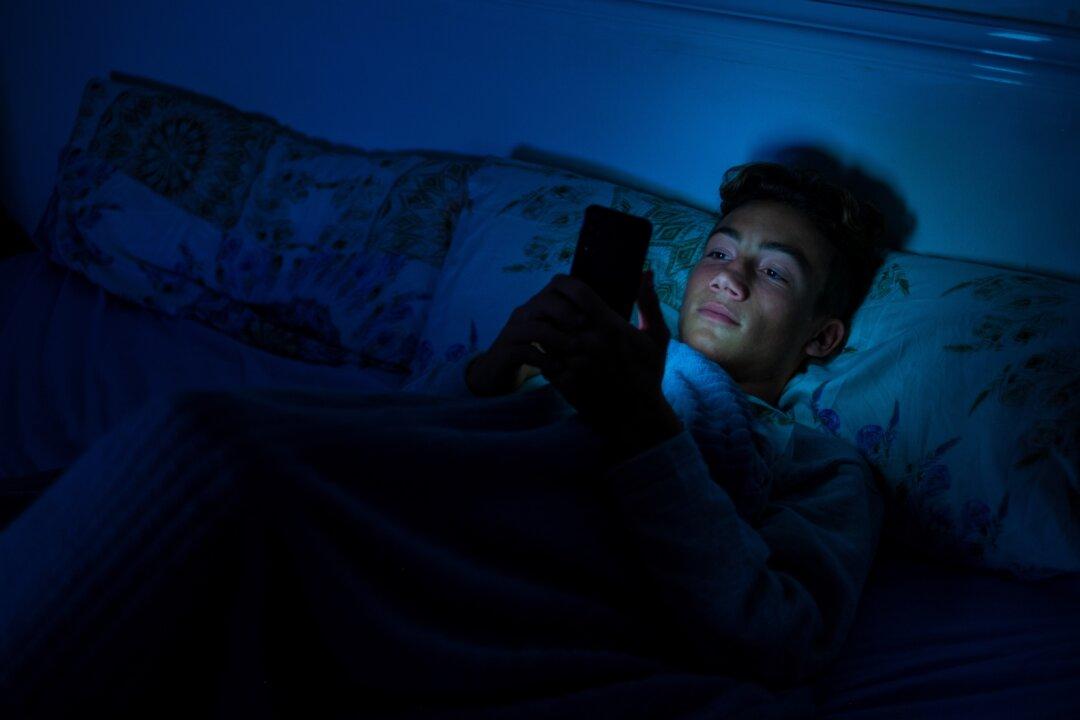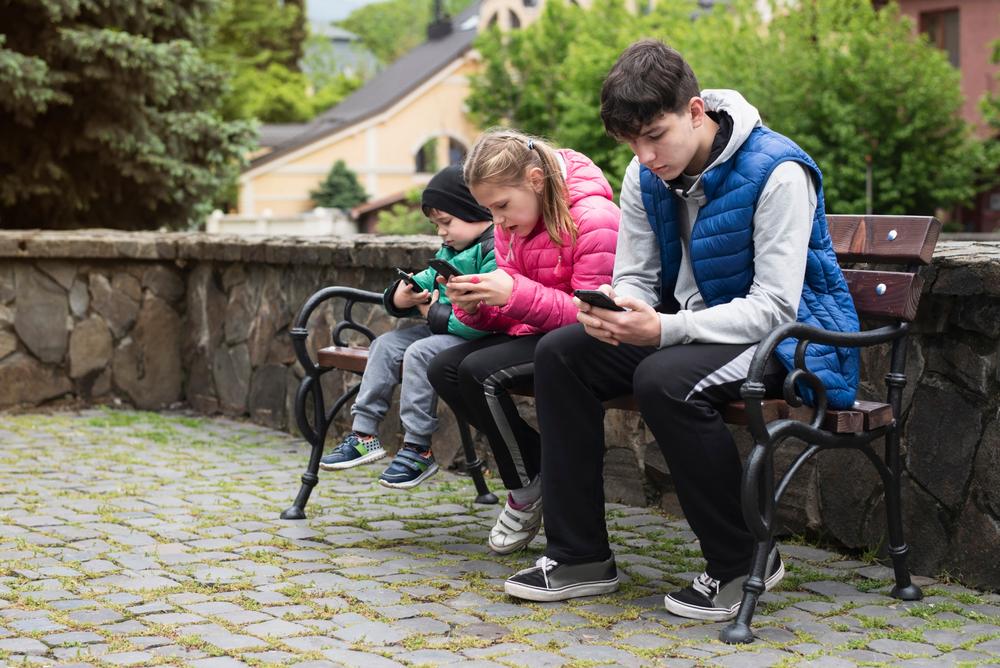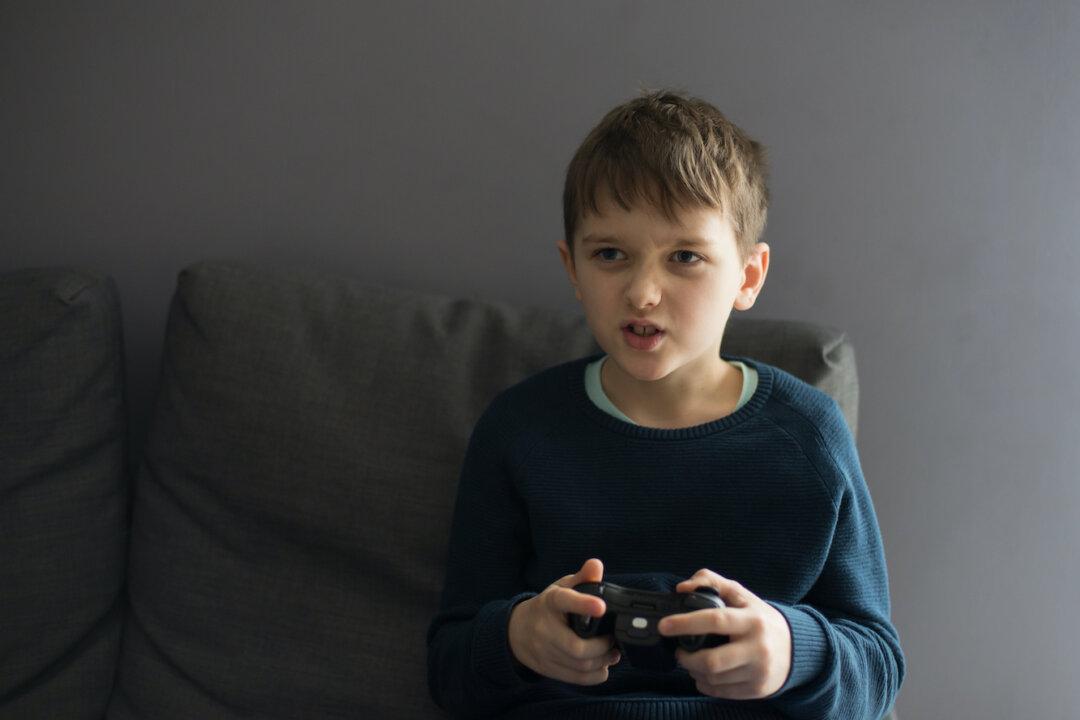My teenager just woke up, walked into the kitchen, and said, “Mom, what day is it?” The days are running together, kids are staying up too late, we’re trying to get out of our PJ’s before lunch, we’re eating too much and not exercising enough, and everyone needs a haircut. We’ve lost structure, schedules, and routines, but, believe it or not, our teens need to lose their smartphones too.
I know your kids are telling you they need smartphones for distance learning, to keep up with their friends, and to fill downtime because they’re so bored. They also want to eat ice cream sandwiches all day and have popcorn for dinner. These phone excuses are as empty as the calories in their quarantine diet. Their teen brains are attracted to the endless Instagram scroll, but not the endless possibilities of learning new skills and hobbies. They have no idea how rare and valuable this gift of time really is. But you know. Which is why it’s time to figure out what day it is: the day we put those phones on a vacation.






